
Culture
14:04, 05-Jan-2018
Beijing restores traditional hutong culture
By Ren Xueqian
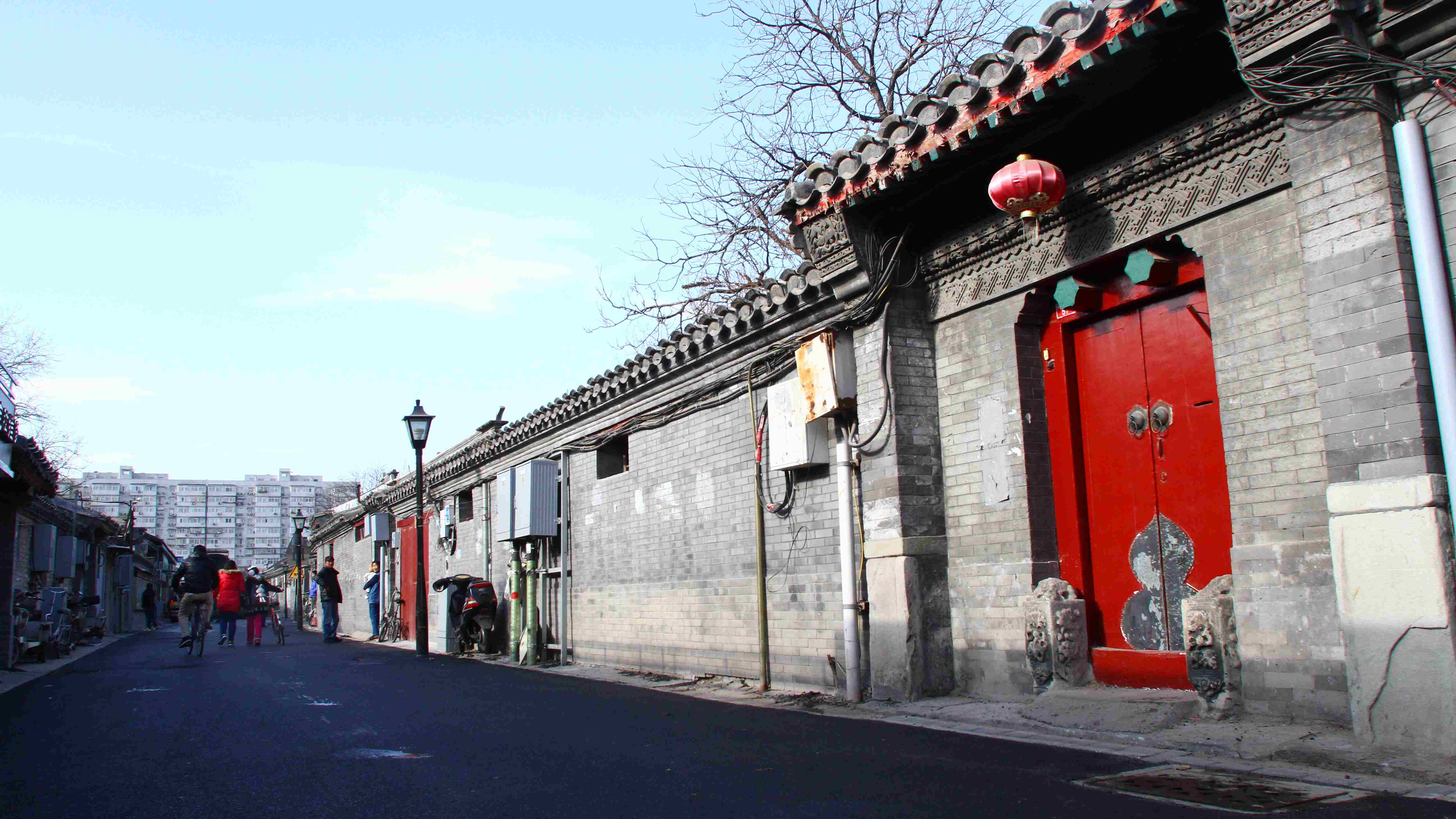
Once a busy street filled with bargoers and small businesses, today's Dongsi hutongs, or traditional alleyways, are putting tranquility and traditions first.
Just east of the Forbidden City, the Dongsi hutongs are located in one of the oldest residential neighborhoods in Beijing. Over the past year, these hutongs have undergone major restoration as the city and its residents both struggle to find a balance between traditional and modern values.
Clearing the alleyways
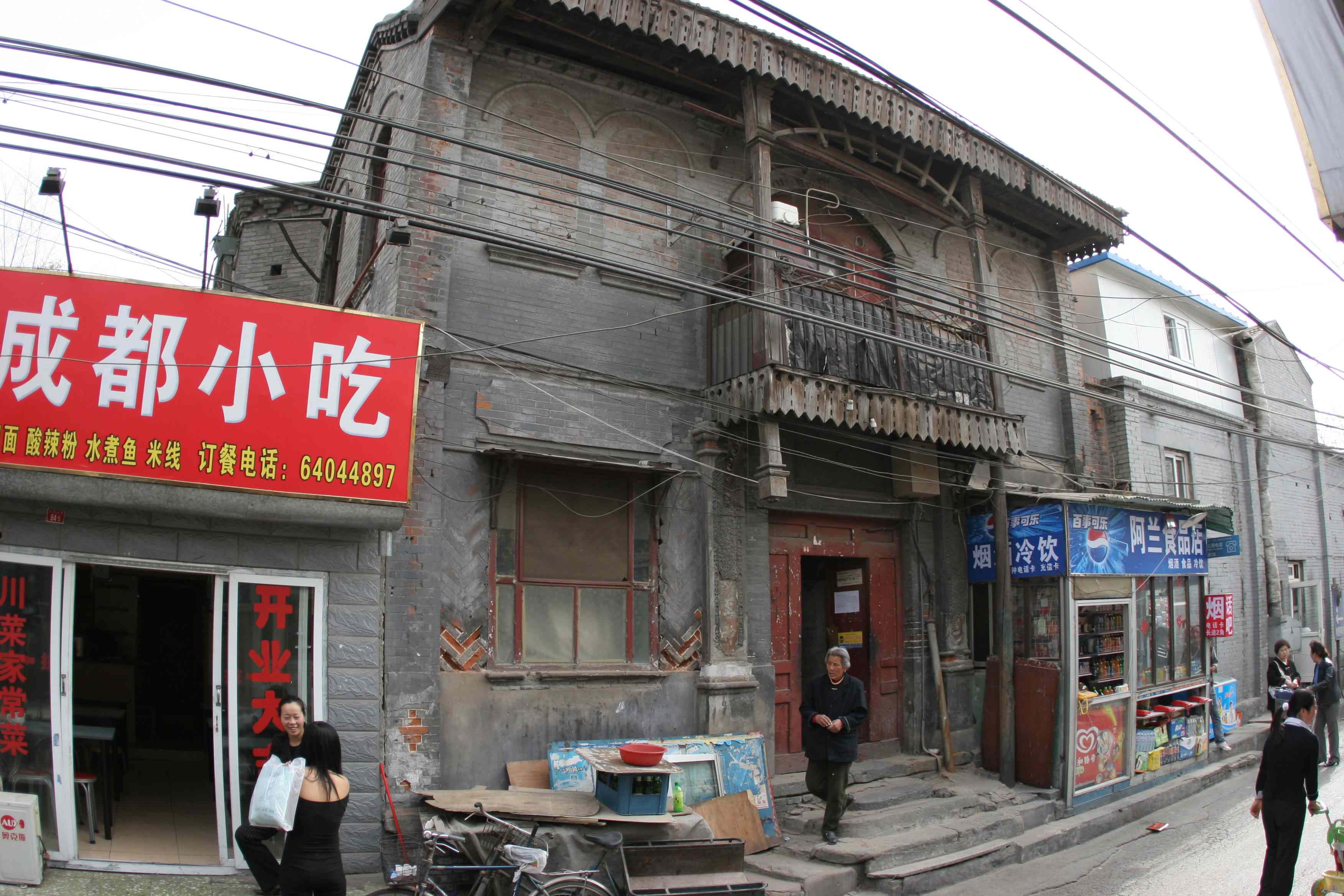
Small businesses inside the Dongsi hutongs. /CGTN Photo
Small businesses inside the Dongsi hutongs. /CGTN Photo
The Dongsi hutongs consist of ten parallel alleyways numbered in ascending order from south to north. In 2015, Dongsi's third to eighth alleyways were officially included in China's list of historical and cultural neighborhoods.
Starting then, plans for the recovery and preservation of old city structures, especially between the third and eighth alleyways, were underway.
In April 2017, the city began banning illegal construction, unlicensed businesses and the storing of personal belongings on the streets.
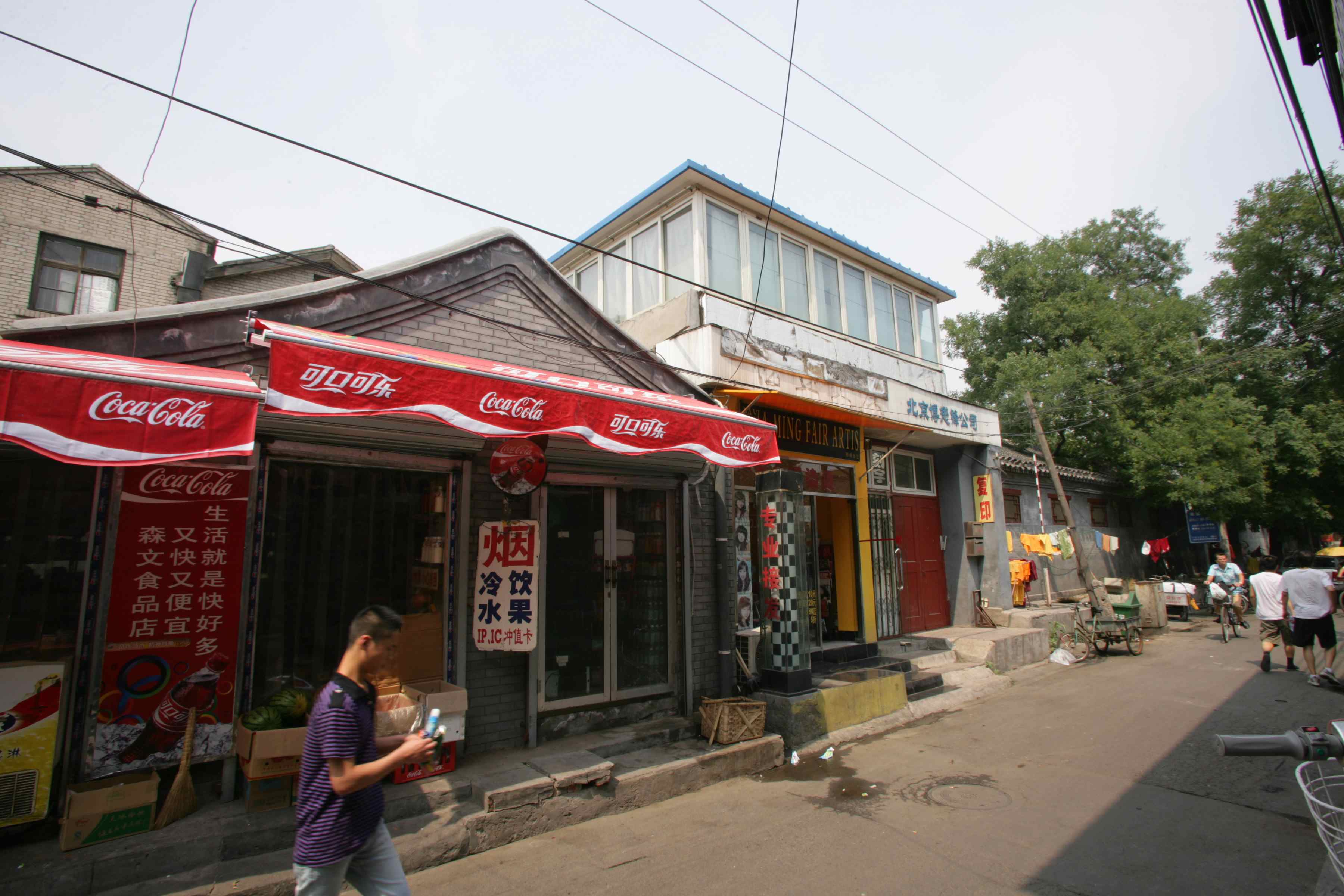
Small shops line the alley. /CGTN Photo
Small shops line the alley. /CGTN Photo
Some 54 low-end businesses were removed from the hutongs over concerns of building code violations and waste accumulation.
Locals residents also worked with experts from Tsinghua University’s School of Architecture and restored 74 residential gateways and around 12,000 square meters of concrete walls to their original structure and color.
The city is aiming to complete restoration in these five alleyways by the end of 2018.
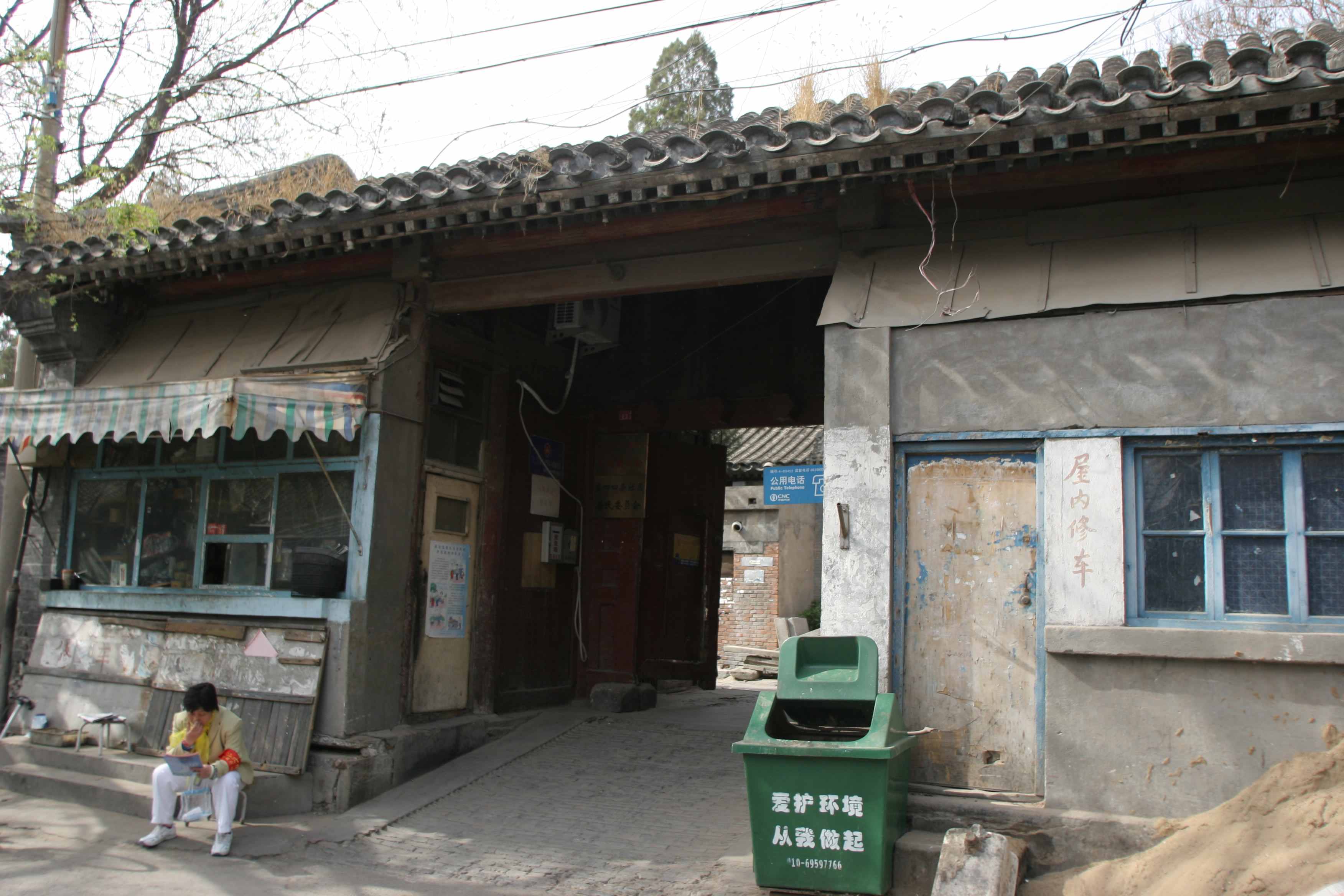
Shops outside a courtyard residence. /CGTN Photo
Shops outside a courtyard residence. /CGTN Photo
Adapting to change
Over half of the people living in the Dongsi hutongs are long-term residents who have called these hutongs home for many generations. Though the renovations have constrained the bustling lifestyle, locals are beginning to see the improvements in their community, and welcome them.
"With the shops gone, it’s less convenient when I need something from the store. But the neighborhood is quieter, cleaner and more organized now,” said Min Zhengyi, a 79-year-old local Dongsi resident.
Having grown up in the hutongs, Min has lived in Dongsi for three generations.
He said over the years various low-end businesses have lined the alleyways, with many setting up shops inside or next to the entrance of courtyard residences. Such add-on types of structures often distorted the appearance of traditional buildings and raised safety concerns for they attracted frequent foot traffic and were built in poor conditions.
With the city’s growing interest in securing the survival of hutong culture, Min said it’s comforting to see his home restored to its former appearance.
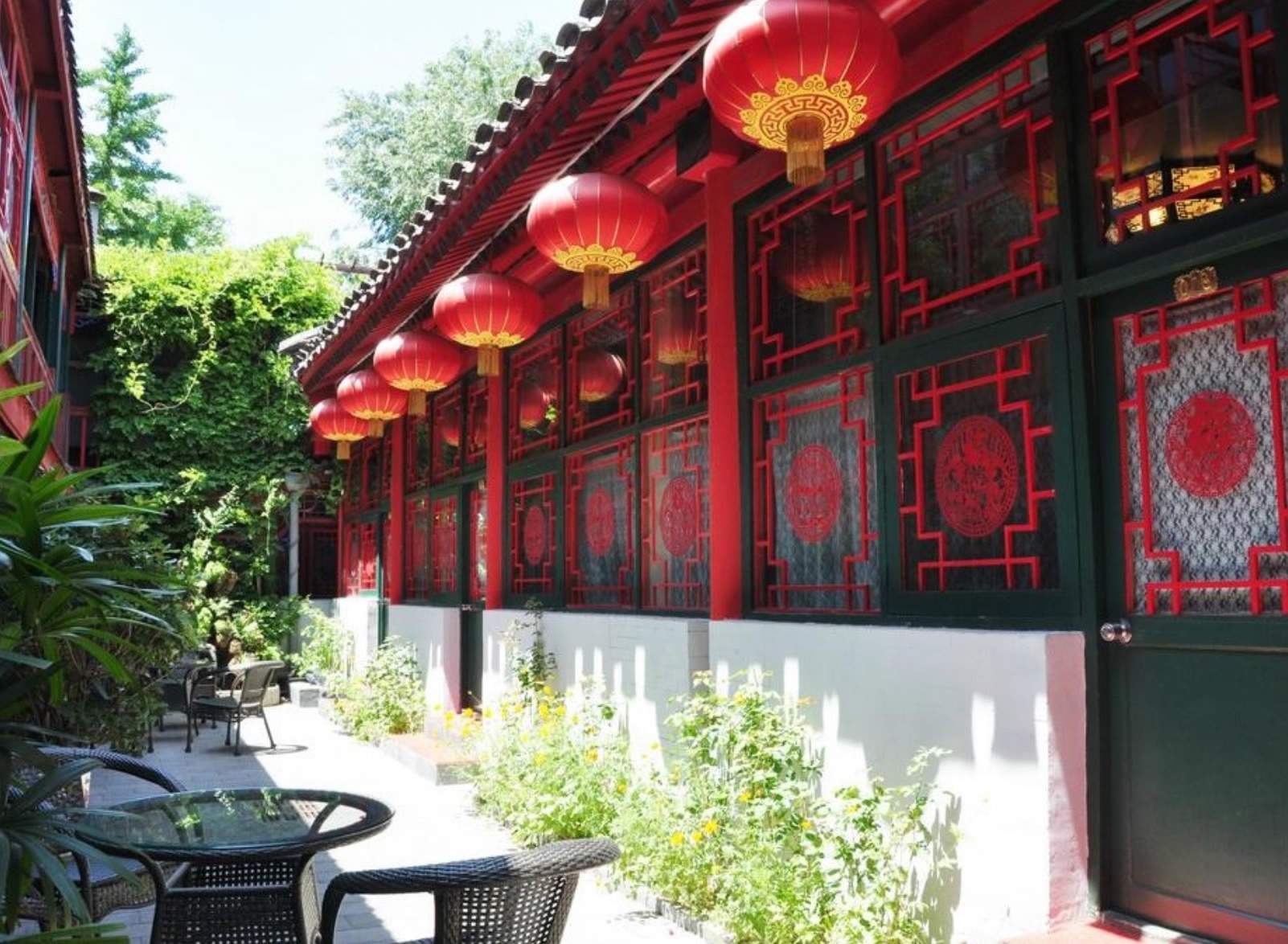
The interior of the Double Happiness hotel. /CGTN Photo
The interior of the Double Happiness hotel. /CGTN Photo
“My children live in apartments. Now when they come back, they’ll be able to recognize their home and teach their kids our heritage,” said Min.
Shi Liang, a local Dongsi resident and now the neighborhood’s head architect overseeing its restoration plans, said all repairs are made with input from the residents.
“I have lived here for over 40 years. Ultimately the residents will realize what we’re restoring is our collective past, and the memories we have of our homes will serve to properly tell Dongsi's story,” said Shi
A sense of longing for a more peaceful hutong that's in line with traditions is also present in the younger residents.
As one of the last businesses still standing in the Dongsi hutongs, Ma Zheng, owner of Double Happiness Courtyard, hopes his quaint hostel will help spread knowledge of the hutong's history through the combination of old and new values.
“I grew up in these hutongs. I want to share my experiences with tourists and help them better understand and appreciate Beijing’s past,” said Zheng.
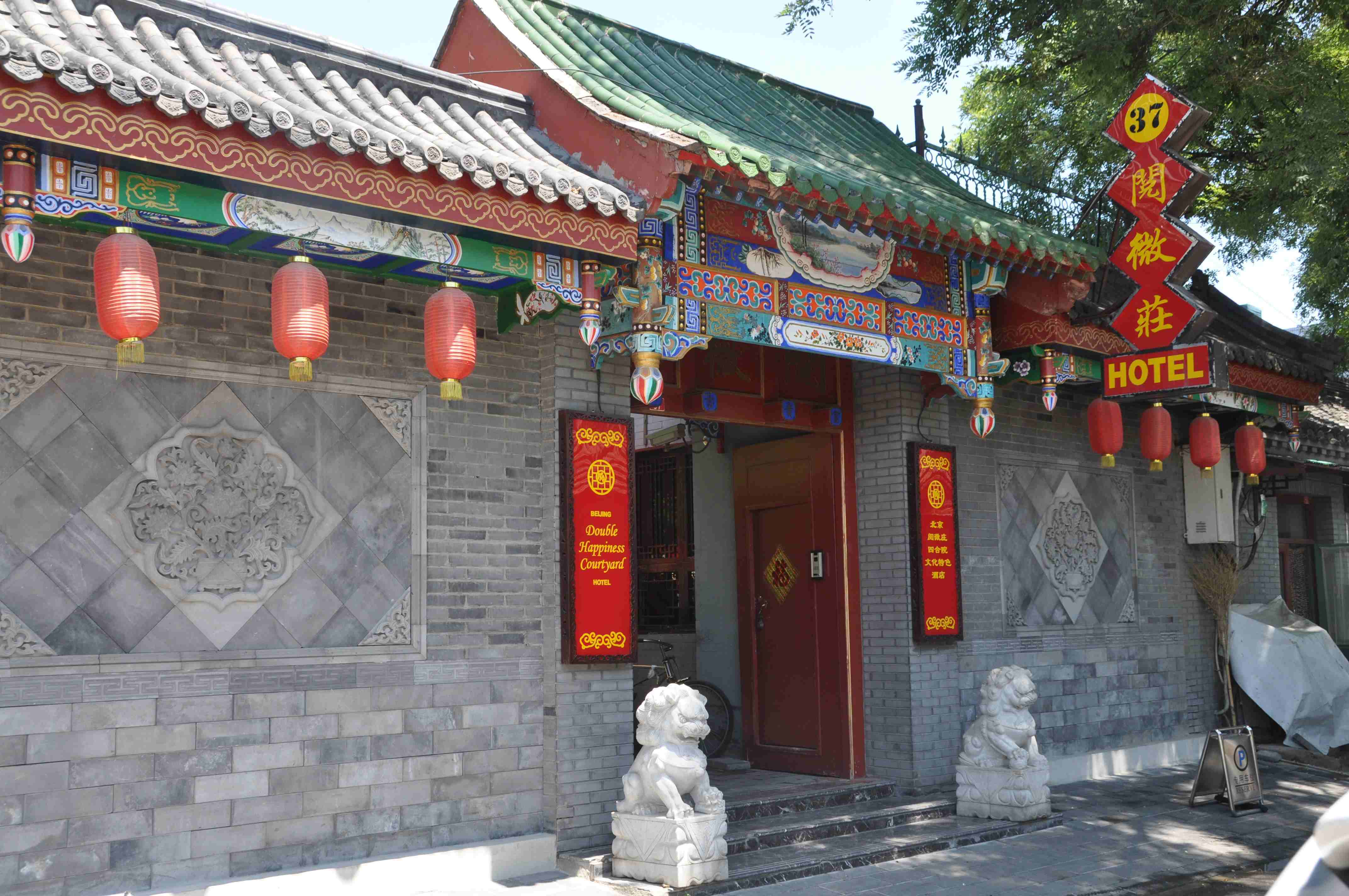
The courtyard of Double Happiness hotel. /CGTN Photo
The courtyard of Double Happiness hotel. /CGTN Photo
Restoring tradition
Restoration of the Dongsi hutongs is just one of many examples of the city's ongoing efforts to preserve what's left of old Beijing.
Last September, Beijing unveiled a general city plan for 2016 to 2035, outlining strategies for building conservation and urban construction in historic neighborhoods. The plan also focuses on increasing the quality of community services.
The general city plan also required the preservation of more than 1,000 hutongs across Beijing.

SITEMAP
Copyright © 2018 CGTN. Beijing ICP prepared NO.16065310-3
Copyright © 2018 CGTN. Beijing ICP prepared NO.16065310-3